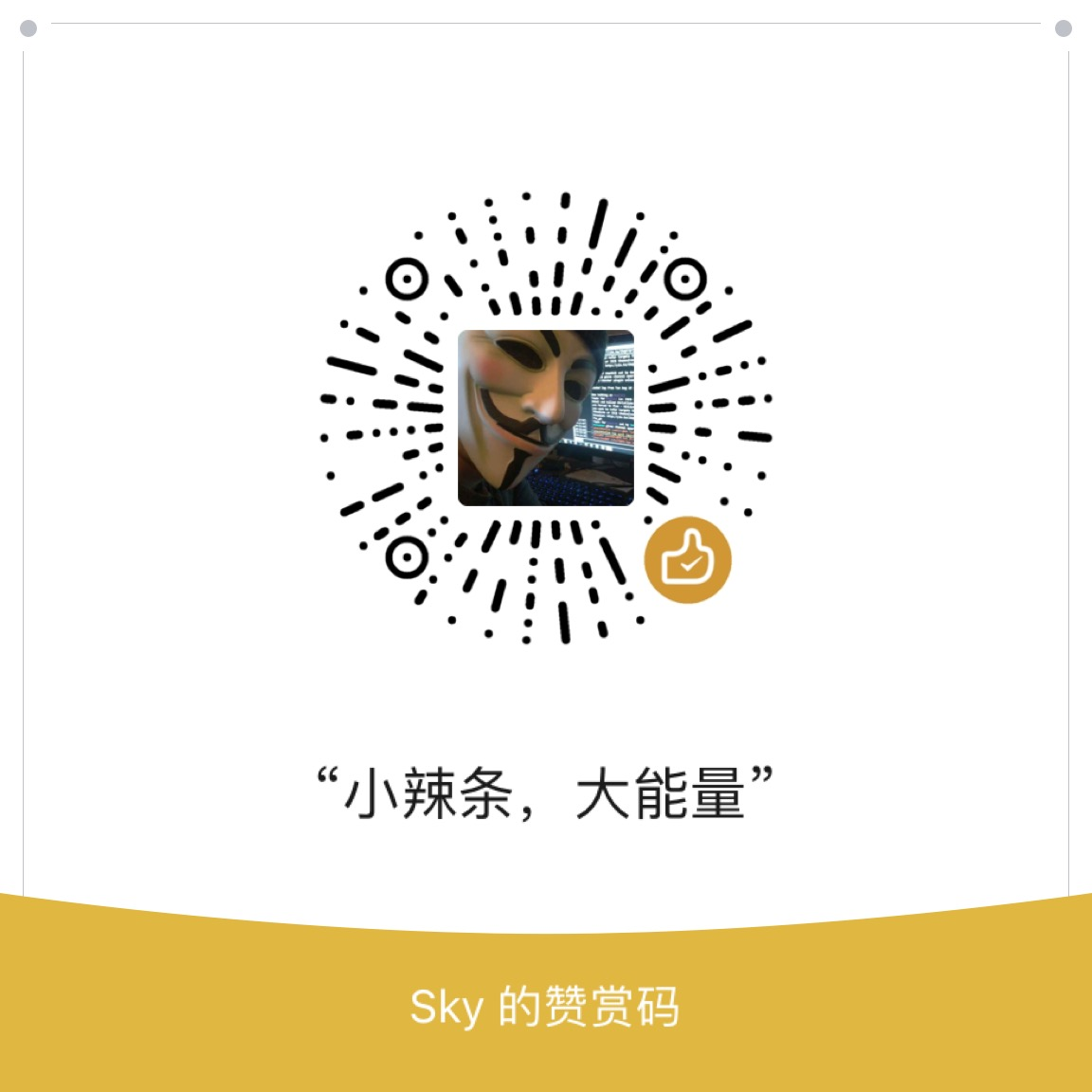借助 Vite 模拟出虚拟根组件(支持SFC的App.vue),解决 uniapp 无法使用公共组件问题
Tip
从 v0.2.0 开始, 已支持 HBuilderX 创建的 Vue3 项目
- Uniapp-CLI 或 HBuilderX 创建的 Vue3 项目
- 自定义虚拟根组件文件命名
- 更高灵活度的获取虚拟根组件实例
pnpm add -D @uni-ku/root
yarn add -D @uni-ku/root
npm install -D @uni-ku/rootNote
CLI:直接编写 根目录下的 vite.config.(js|ts)
HBuilderX:在根目录下 创建 vite.config.(js|ts) 并写入
// vite.config.(js|ts)
import { defineConfig } from 'vite'
import UniKuRoot from '@uni-ku/root'
import Uni from '@dcloudio/vite-plugin-uni'
export default defineConfig({
plugins: [
// 若存在改变 pages.json 的插件,请将 UniKuRoot 放置其后
UniKuRoot(),
Uni()
]
})Note
CLI: 需要在 src目录 下创建下 App.ku.vue (或自定义名称)
HBuilderX: 直接在 根目录 下创建 App.ku.vue (或自定义名称)
通过标签 <KuRootView /> 或 <ku-root-view /> 指定视图存放位置,并且可以将该标签放置到 template 内任意位置,但仅可有一个
<!-- src/App.ku.vue | App.ku.vue -->
<script setup lang="ts">
import { ref } from 'vue'
const helloKuRoot = ref('Hello AppKuVue')
</script>
<template>
<div>{{ helloKuRoot }}</div>
<!-- 顶级 KuRootView -->
<KuRootView />
<!-- 或内部 KuRootView,无论放置哪一个层级都被允许,但仅可有一个! -->
<div>
<KuRootView />
</div>
</template>Important
该标签与 VueRouter 中的 RouterView 功能类似,但请注意,由于Uniapp-Vue的局限性,该功能并不完全等同于VueRouter的 RouterView
(点击展开) 功能一:自定义虚拟根组件名称(默认:App.ku.vue)
// vite.config.(js|ts)
import { defineConfig } from 'vite'
import UniKuRoot from '@uni-ku/root'
import Uni from '@dcloudio/vite-plugin-uni'
export default defineConfig({
plugins: [
UniKuRoot({
// 默认含后缀 .vue,直接设置命名即可
rootFileName: 'KuRoot',
}),
// ...other plugins
]
})- 创建/修改虚拟根组件为
KuRoot.vue,即可实现自定义,其余功能不变
(点击展开) 功能二:使用虚拟根组件实例(即:App.ku.vue)
[!TIP] 有两种启用方式,局部或全部启用
<!-- src/App.ku.vue | App.ku.vue -->
<script setup lang="ts">
import { ref } from 'vue'
const helloKuRoot = ref('Hello AppKuVue')
const exposeRef = ref('this is form app.Ku.vue')
defineExpose({
exposeRef,
})
</script>
<template>
<div>
<div>{{ helloKuRoot }}</div>
<KuRootView />
</div>
</template>[!TIP] uniKuRoot 是同一个变量,你可以根据你命名相关命名
<!-- src/pages/*.vue -->
<script setup lang="ts">
import { ref } from 'vue'
const uniKuRoot = ref()
</script>
<template root="uniKuRoot">
<view>
Hello UniKuRoot
</view>
</template>// vite.config.(js|ts)
import { defineConfig } from 'vite'
import UniKuRoot from '@uni-ku/root'
import Uni from '@dcloudio/vite-plugin-uni'
export default defineConfig({
plugins: [
UniKuRoot({
enabledGlobalRef: true
}),
Uni()
]
})<!-- src/App.ku.vue | App.ku.vue -->
<script setup lang="ts">
import { ref } from 'vue'
const helloKuRoot = ref('Hello UniKuRoot')
const exposeRef = ref('this is from App.ku.vue')
defineExpose({
exposeRef,
})
</script>
<template>
<div>
<div>{{ helloKuRoot }}</div>
<KuRootView />
</div>
</template><!-- src/pages/*.vue -->
<script setup lang="ts">
import { onMounted, ref } from 'vue'
const pagesStack = getCurrentPages()
const uniKuRoot = ref()
onMounted(() => {
uniKuRoot.value = pagesStack[pagesStack.length - 1].$vm.$refs.uniKuRoot
})
</script>
<template>
<view>
Hello UniKuRoot
</view>
</template>Tip
以下例子均以 CLI 创建项目为例, HBuilderX 项目设置同理, 只要注意是否需要包含 src目录 即可
(点击展开) 示例一:全局共享组件例子:Toast
不仅是 Toast 组件,还可以是 Message、LoginPopup 等等
- 编写 Toast 组件
<!-- src/components/GlobalToast.vue -->
<script setup lang="ts">
import { useToast } from '@/composables/useToast'
const { globalToastState, hideToast } = useToast()
</script>
<template>
<div v-if="globalToastState" class="toast-wrapper" @click="hideToast">
<div class="toast-box">
welcome to use @uni-ku/root
</div>
</div>
</template>
<style scoped>
.toast-wrapper{
position: fixed;
top: 0;
left: 0;
width: 100%;
height: 100%;
background-color: rgba(0, 0, 0, 0.5);
display: flex;
align-items: center;
justify-content: center;
}
.toast-box{
background: white;
color: black;
}
</style>- 实现 Toast 组合式API
// src/composables/useToast
import { ref } from 'vue'
const globalToastState = ref(false)
export function useToast() {
function showToast() {
globalToastState.value = true
}
function hideToast() {
globalToastState.value = false
}
return {
globalToastState,
showToast,
hideToast,
}
}- 挂载至 App.ku.vue
<!-- src/App.ku.vue -->
<script setup lang="ts">
import GlobalToast from '@/components/GlobalToast.vue'
</script>
<template>
<KuRootView />
<GlobalToast />
</template>- 视图内部触发全局 Toast 组件
<!-- src/pages/*.vue -->
<script setup lang="ts">
import { useToast } from '@/composables/useToast'
const { showToast } = useToast()
</script>
<template>
<view>
Hello UniKuRoot
</view>
<button @click="showToast">
视图内触发展示Toast
</button>
</template>(点击展开) 示例二:全局共享布局例子:ConfigProvider
不仅仅只有ConfigProvider,还能是Layout、NavBar、TabBar等等!
- 以 Wot 组件库中 WdConfigProvider 为例子,了解更多Wot点这里
<!-- src/App.ku.vue -->
<script setup lang="ts">
import { useTheme } from './composables/useTheme'
const { theme, themeVars } = useTheme({
buttonPrimaryBgColor: '#07c160',
buttonPrimaryColor: '#07c160'
})
</script>
<template>
<div>Hello AppKuVue</div>
<!-- 假设已注册 WdConfigProvider 组件 -->
<WdConfigProvider :theme="theme" :theme-vars="themeVars">
<KuRootView />
</WdConfigProvider>
</template>- 编写主题相关组合式API
// src/composables/useTheme.ts
import type { ConfigProviderThemeVars } from 'wot-design-uni'
import { ref } from 'vue'
const theme = ref<'light' | 'dark'>(false)
const themeVars = ref<ConfigProviderThemeVars>()
export function useTheme(vars?: ConfigProviderThemeVars) {
vars && (themeVars.value = vars)
function toggleTheme(mode?: 'light' | 'dark') {
theme.value = mode || (theme.value === 'light' ? 'dark' : 'light')
}
return {
theme,
themeVars,
toggleTheme,
}
}- 切换主题模式
<!-- src/pages/*.vue -->
<script setup lang="ts">
import { useTheme } from '@/composables/useTheme'
const { theme, toggleTheme } = useTheme()
</script>
<template>
<button @click="toggleTheme">
切换主题,当前模式:{{ theme }}
</button>
</template>- 支持热更新
- 支持VueSFC
- 支持小程序PageMeta
- 支持 App.ku.vue 内直接编写控制逻辑
- 补全单元测试
- QQ 交流群 (897784703)
| 项目 | 描述 |
|---|---|
| Wot Design Uni | 一个基于Vue3+TS开发的uni-app组件库,提供70+高质量组件 |
| Create Uni | 一个用于快速创建 uni-app 项目的轻量脚手架工具 |
如果我的工作帮助到了您,可以请我吃辣条,使我能量满满 ⚡
请留下您的Github用户名,感谢 ❤




